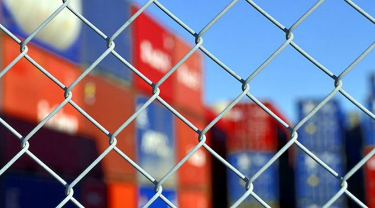If the U.S. market is important to your company’s bottom line, you might want to explore a longer term strategy of setting up an American affiliate such as a branch office, manufacturing plant, or distribution centre to see if it is right for your company. While keeping your main business in Canada, this affiliate might be treated more like an American company, such as having a more favourable status when it comes to new policies.
But there are challenges so you need to do your homework. To learn more, you can download this free white paper, Beyond Exporting: Building or Buying International Operations.
Don’t forget to diversify.
You mentioned that you’re also selling to a few other countries; continue building on that. It’s always a good idea to have more than one egg in your export basket when it comes to sales.


